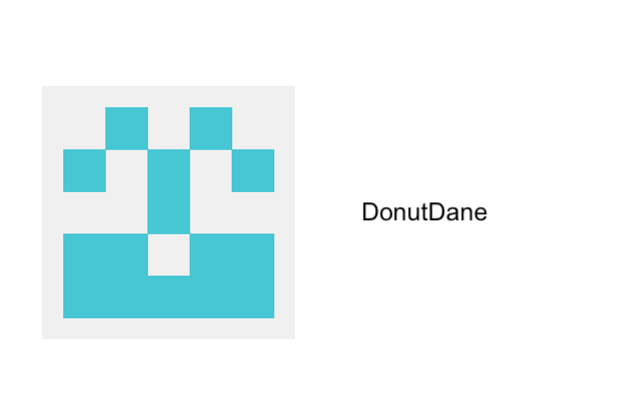
Vapor is an HTTP web framework for Swift. It provides a beautifully expressive and easy-to-use foundation for your next website, API, or cloud project.
Take a look at some of the awesome stuff created with Vapor.
Join the welcoming community of fellow Vapor developers on Discord.
To contribute a feature or idea to Vapor, create an issue explaining your idea or bring it up on Discord.
If you find a bug, please create an issue.
If you find a security vulnerability, please contact [email protected] as soon as possible.
Support Vapor's development by becoming a sponsor.




Support Vapor's development by becoming a backer.




















































